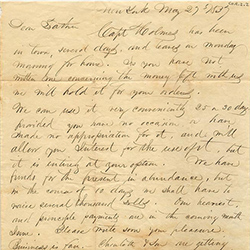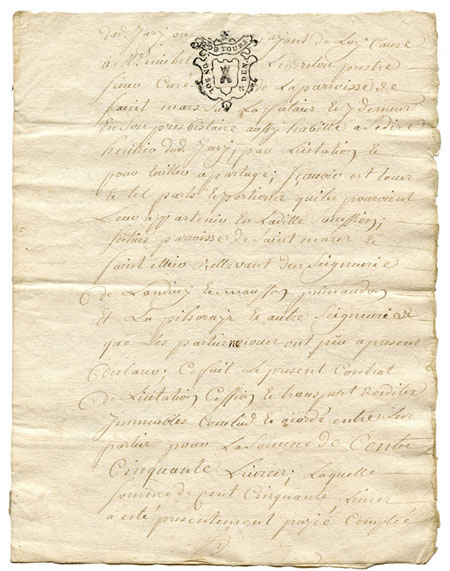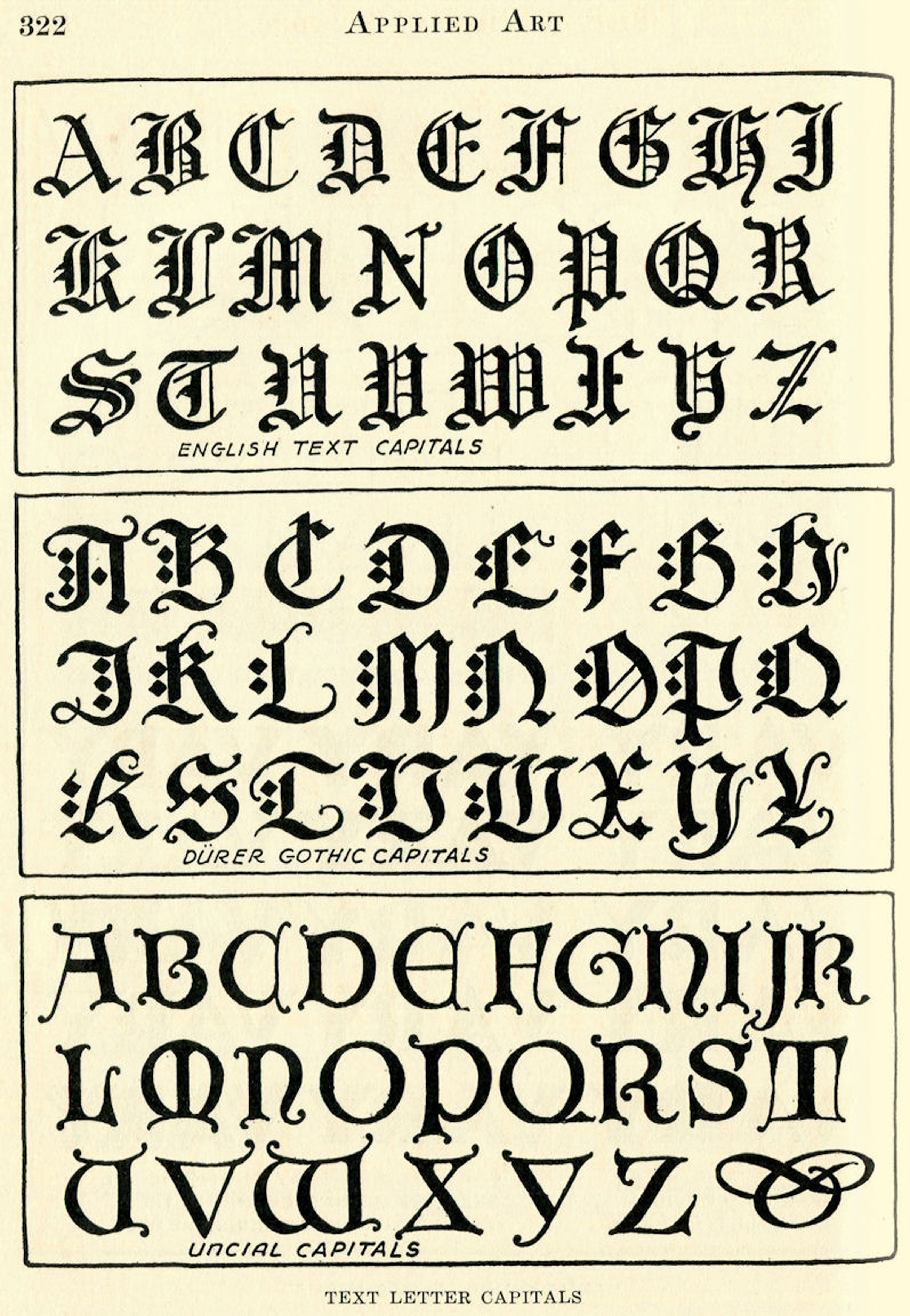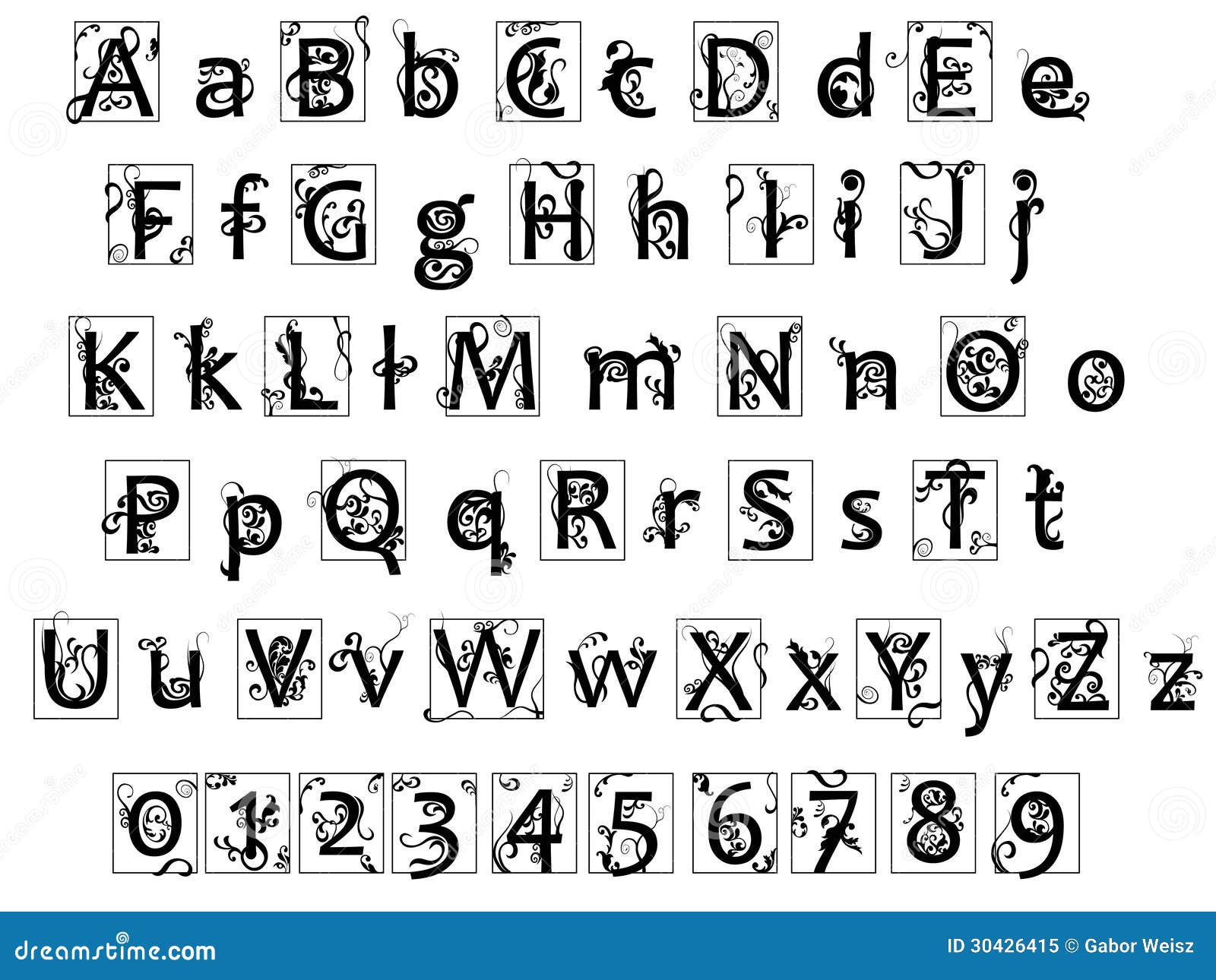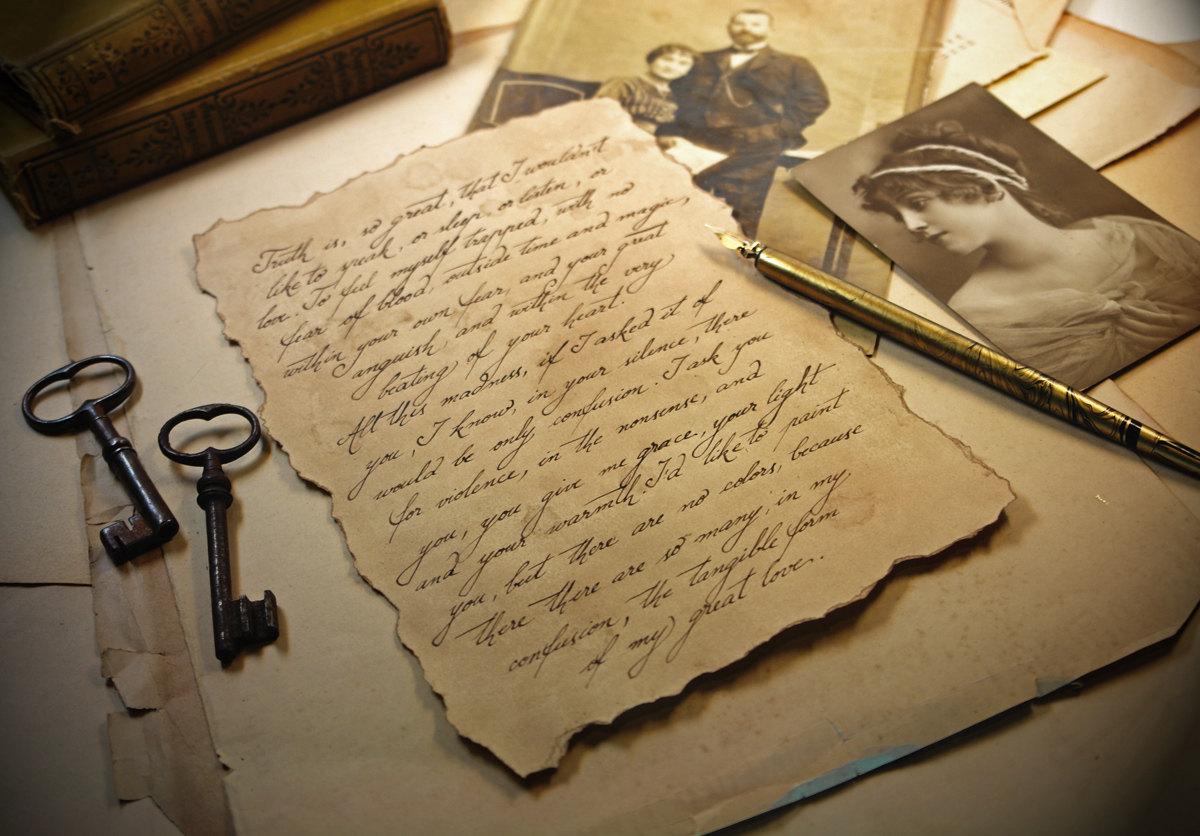Old time letters were a form of communication that has largely been replaced by modern technology such as email and text messaging. However, there was a time when letters were the primary means of communication between people, especially for those who lived far apart.
Writing letters was a much more personal and intimate way of communicating than it is today. People would take the time to carefully craft their thoughts and feelings, and the recipients would often cherish these letters and keep them for years to come.
There was also a certain level of formality and etiquette involved in writing and receiving letters. People would often start their letters with a greeting such as "Dear Sir" or "My dear friend," and end with a closing such as "Sincerely" or "Yours truly." In addition, people would often include a salutation such as "Your obedient servant" or "Your humble servant."
One of the most appealing aspects of old time letters was the fact that they were often handwritten. Receiving a handwritten letter was a special event, as it showed that the sender had taken the time and effort to physically write out their thoughts and feelings. The unique handwriting of the sender also added an element of personality to the letter.
In contrast to the instant communication we have today, sending and receiving letters was a slower process. It could take days or even weeks for a letter to reach its destination, depending on the distance and the available modes of transportation. This added to the anticipation and excitement of receiving a letter, as it was often a rare occurrence.
Despite the convenience and speed of modern communication methods, there is something to be said for the personal touch and intimacy of old time letters. In a world where we often communicate through screens and keyboards, taking the time to sit down and write a letter can be a meaningful and thoughtful gesture. While they may not be as common as they once were, old time letters will always hold a special place in the hearts of those who have received them.
